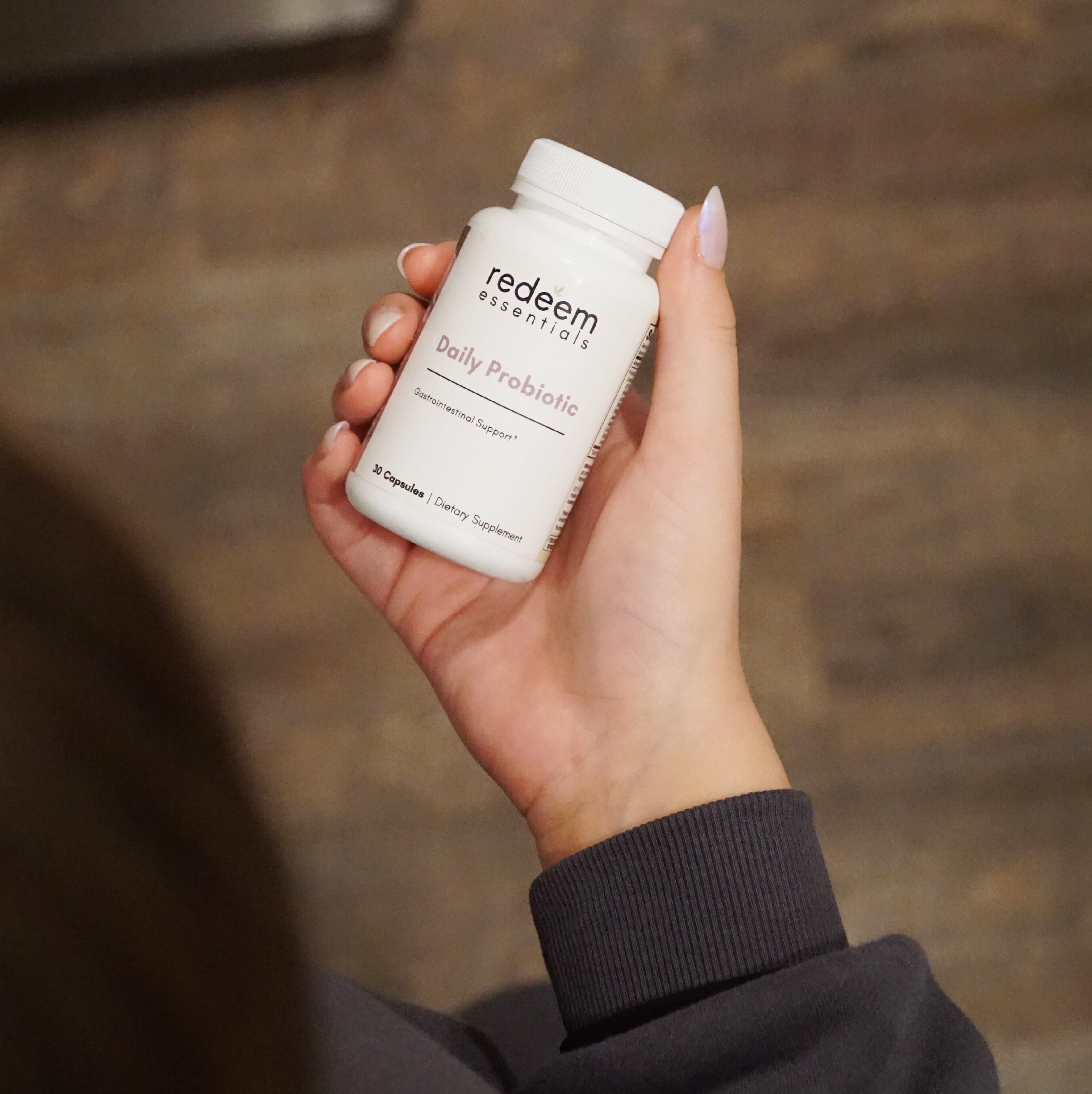What Is Keeping You from Having a Happy & Healthy Gut?
Two components of a happy and healthy gut are a microbiome of predominantly good bacteria, and intestinal integrity—a gut that is not “leaky.” This balance, this integrity is not accomplished at once, and it’s not once and done! It takes time to build a happy and healthy gut, and it takes consistent attention to keep it that way! Systemic inflammation causes nearly all modern diseases, and that inflammation starts in the gut. This inflammation could be in the brain disguised as mental disorders, or it could be in the skin disguised as rashes, eczema, or psoriasis. It could be in the joints manifesting as arthritis symptoms, or it may show up in the lymphatic system where it seems as if you are allergic to everything! The mechanism is the same: systemic inflammation. You can take anti-inflammatory medications, but until you repair the gut lining, you will have issues, and you will be chasing the symptoms of those issues. Avoid these gut stressors to have a happier and healthier gut.
Inflammatory Foods This includes all processed meats (bacon, hot dogs, deli meats), refined grains (white bread, pasta, crackers, breakfast cereals), fried foods (chips, donuts, fried meats and vegetables), sugary drinks, seed oils (sunflower, corn, soybean, palm kernel, safflower, grape seed, and mayonnaise), artificial sweeteners (sucralose, aspartame, saccharine), and foods containing gluten, the protein found in wheat; and casein—the protein found in dairy. Caffeine, alcohol, tobacco, and sugar are also highly inflammatory.
Toxins in Food, Air, and Water Toxins affect your microbiome, which affects your overall health. Most diseases today are linked to gut disruption which in turn triggers emotional dysregulation, deficient nutrition, inflammation, toxin buildup, and a dysregulated nervous system. Gut disruption happens when toxins enter the body through the mouth, eyes, nose, lungs, skin, or even energetically. All modern diseases have these two things in common: toxic overload and nutrient deficiency. Toxic overload is clearly seen in the gut of unhealthy individuals.
Sugar The biggest diet stressor for the gut is sugar—especially fructose (fruit sugar), since nearly 1/3 of the Western European population has fructose malabsorption issues. Fructose malabsorption is characterized by the inability to absorb fructose efficiently, so when ingested, it reaches the colon and is broken down by bacteria into short fatty acids. Bloating, gas, cramps, and diarrhea are the consequences and can be seen in about 50% of fructose malabsorbers. Recent studies show that fructose malabsorption is associated with early signs of depressive disorders. The consumption of high fructose corn syrup as a sweetener has led to a global epidemic of obesity, diabetes, and non-alcoholic fatty liver disease. Regular sugar (glucose) also increases “leaky gut,” so it should be avoided as well. Digestive Enzymes break down foods efficiently, helping you to avoid issues. My favorite is here: Digest Maxx
Antibiotic Use Antibiotics compromise the delicate balance of our gut flora, wiping out good bacteria, allowing the bad microbes to flourish. Studies show that frequent use of antibiotics in childhood predisposes adults to immune system dysfunction. Ideally, avoid antibiotics altogether. If that’s not possible, then gut repair is job #1. Prebiotics in the form of high fiber, natural foods set the stage for a healthy gut. A good probiotic (Get it here: ) will help rebuild beneficial bacterial strains to improve not only your gut, but your overall health.
Negative Thoughts and Attitudes The brain-gut axis is a bidirectional communication system between the central nervous system and the gastrointestinal tract. Our gut changes our feelings, and our feelings change our gut microbes. When we think stressful thoughts, it affects our gut composition negatively. The brain neurotransmitter serotonin is influenced by the bacterial composition (microbiome) of the gut. Negative thoughts and emotions like resentment, bitterness, fear, and anxiety alter the composition of gut bacteria causing bad bacteria to thrive while good bacteria are starved out. In addition, these thoughts and feelings can cause nausea, diarrhea, constipation, and bloating. Use mindfulness techniques like prayer, gratitude, meditation, and deep breathing exercises to help mitigate negative thoughts and feelings. If you need professional help, go get it. Your gut will thank you!
Stress For some of us, when we are stressed, we feel discomfort in our gut that shows up as pain, indigestion, reflux, gassiness, bloating, or cramping. Even without physical symptoms, your gut may be stressed, nonetheless. Stress is not just an emotional feeling of overwhelm or anxiety, stress is a physiological reaction within the autonomic systems of the body that seeks to return the body to homeostasis—that place of balance and rest where true and lasting healing takes place. When stressed, the body releases hormones like cortisol that can disrupt gut health, impacting enzyme secretion and speed of digestion. To help manage stress, try this: (StressMaxxx)

